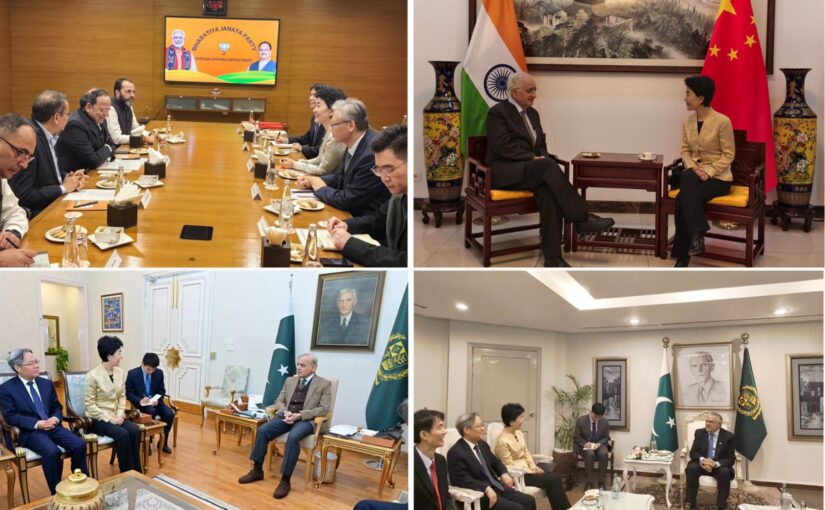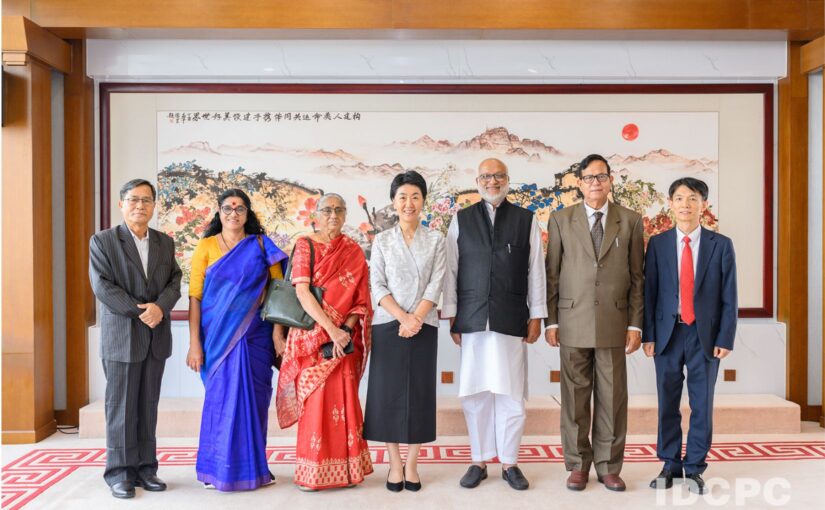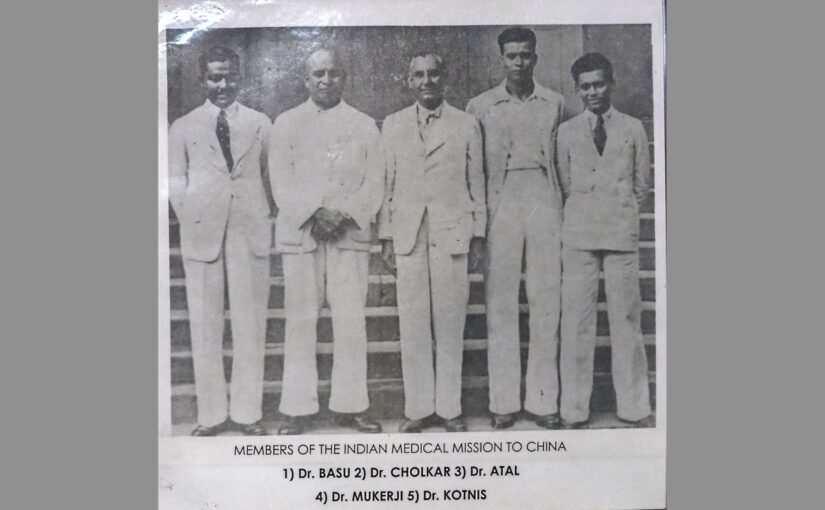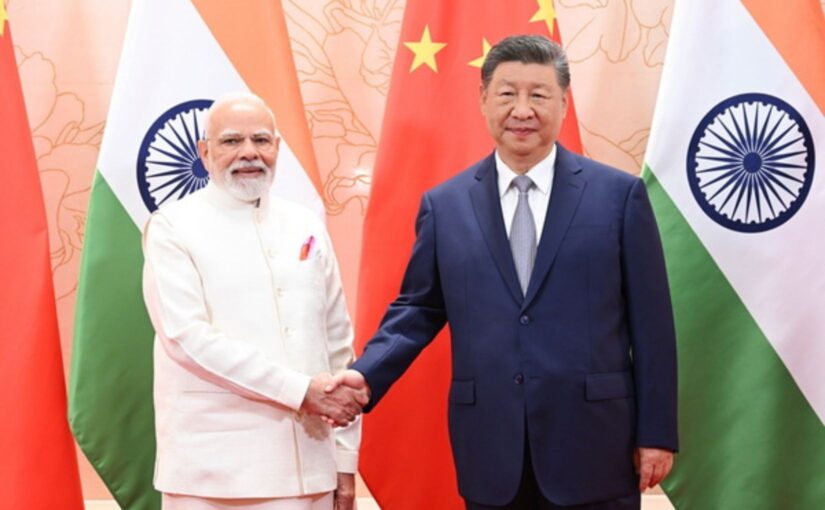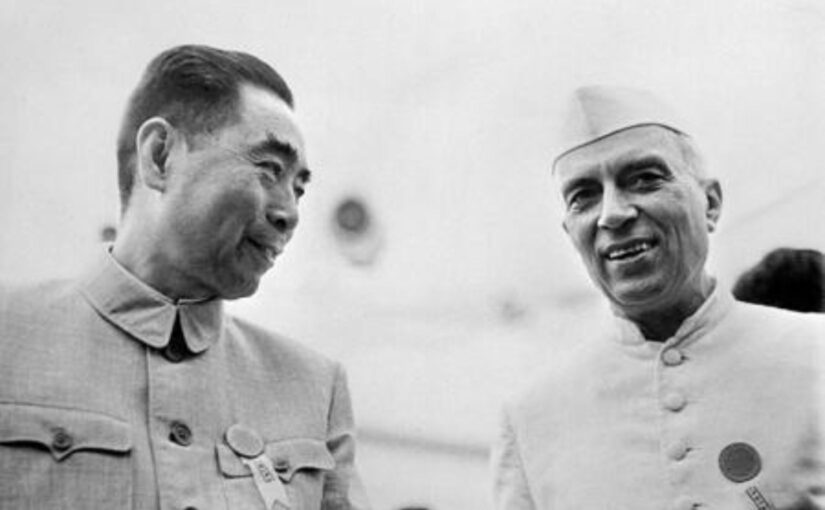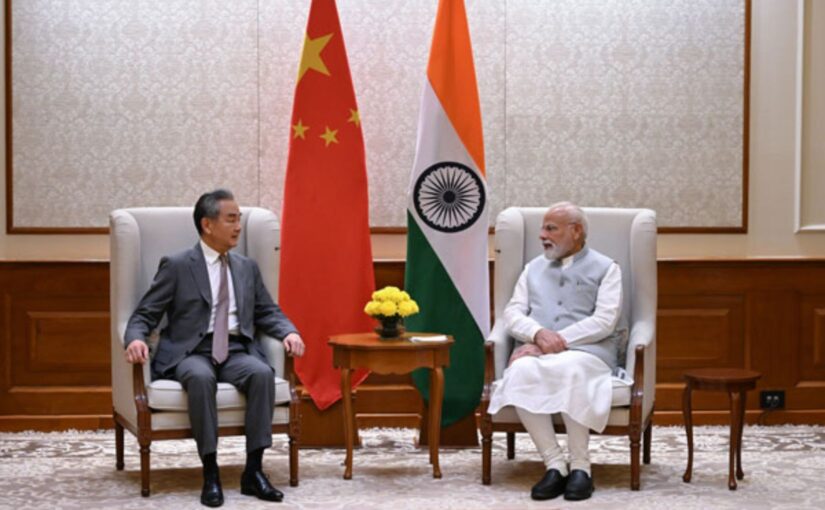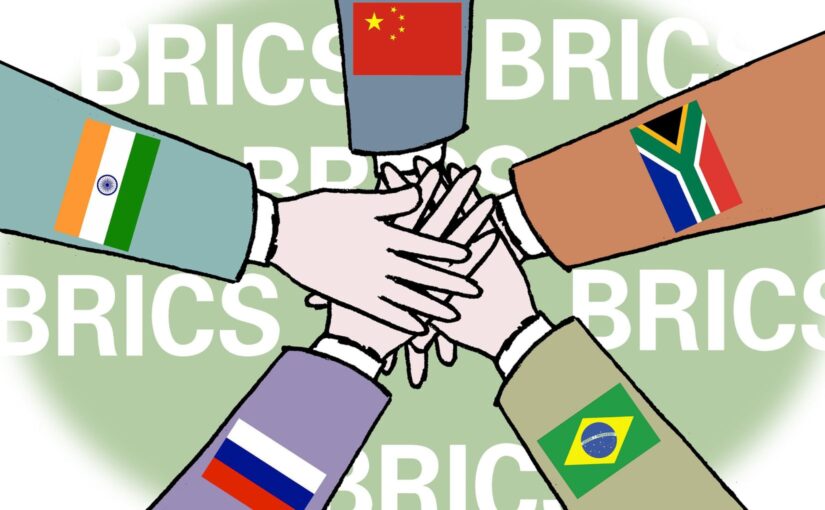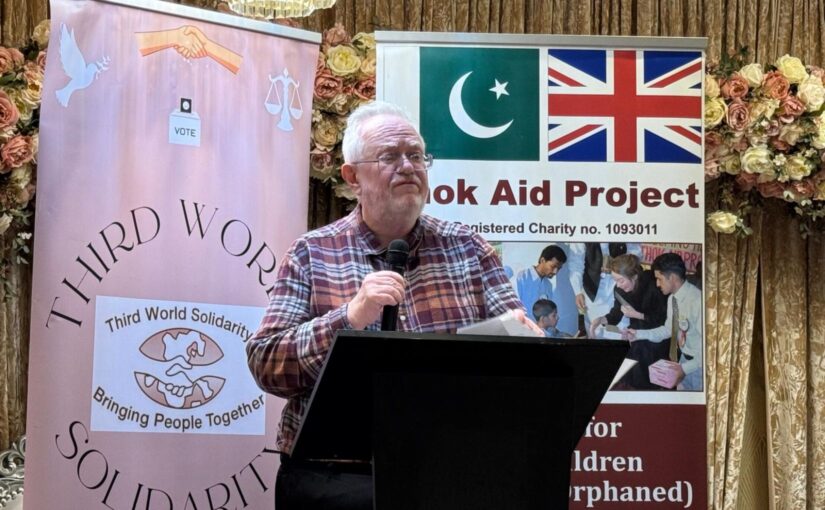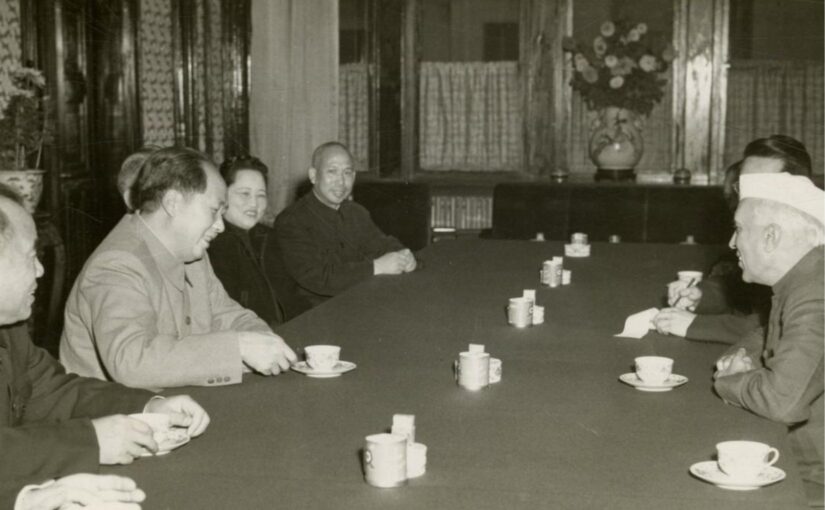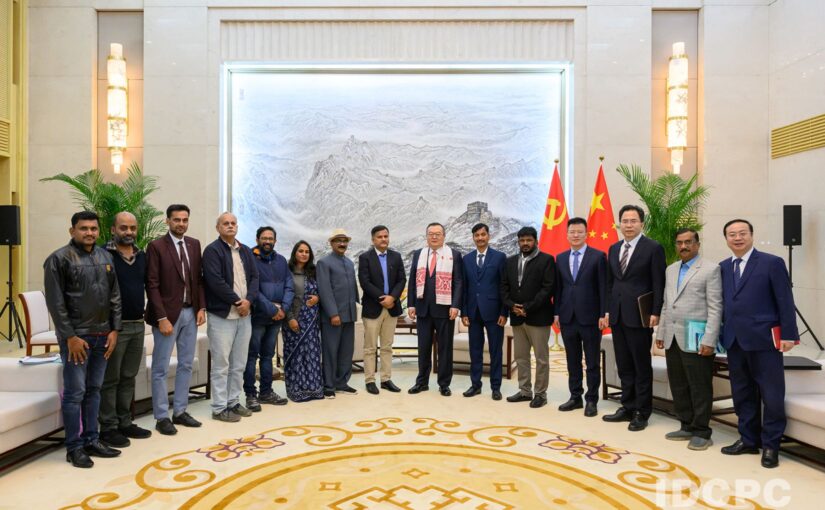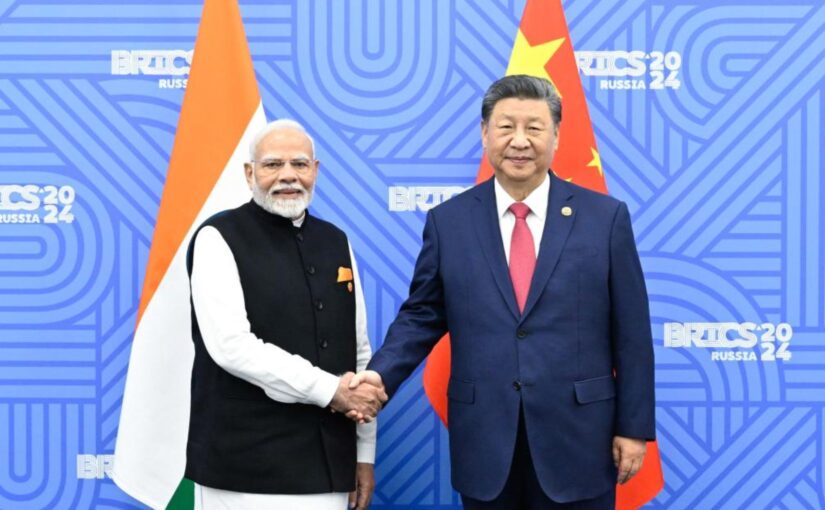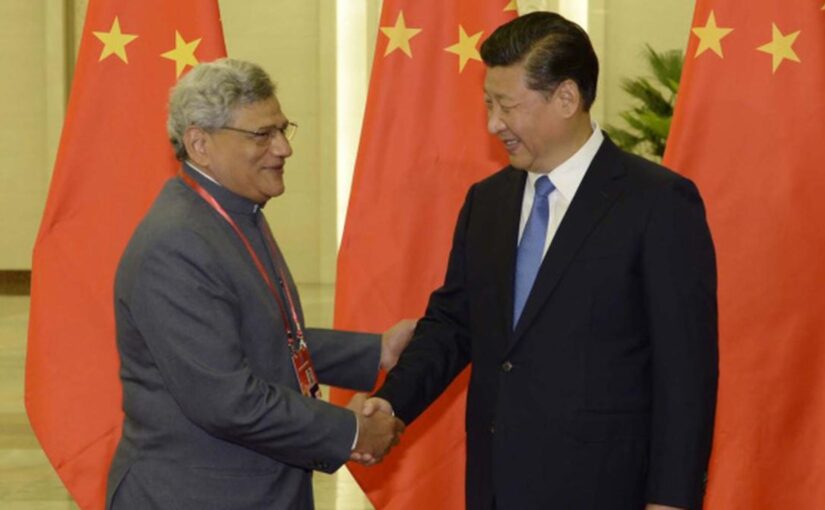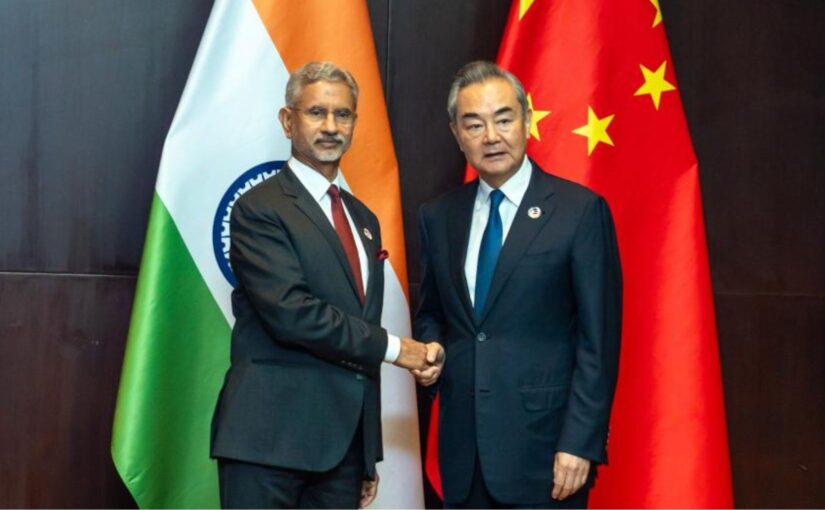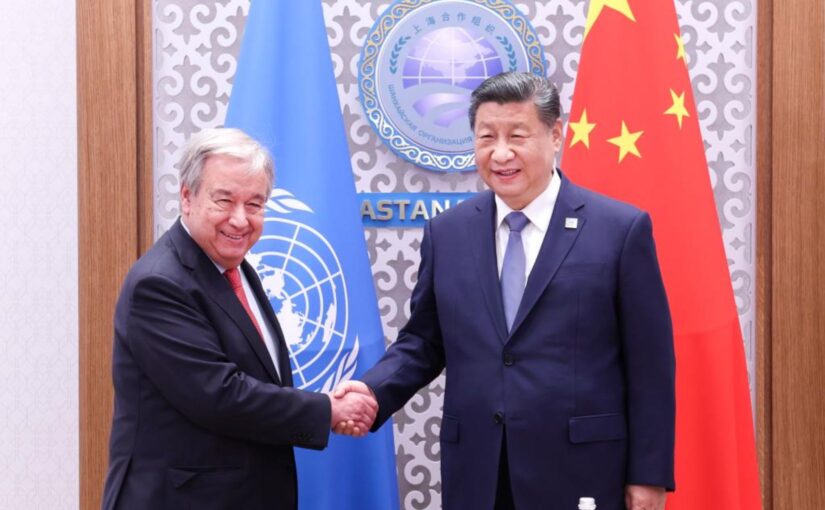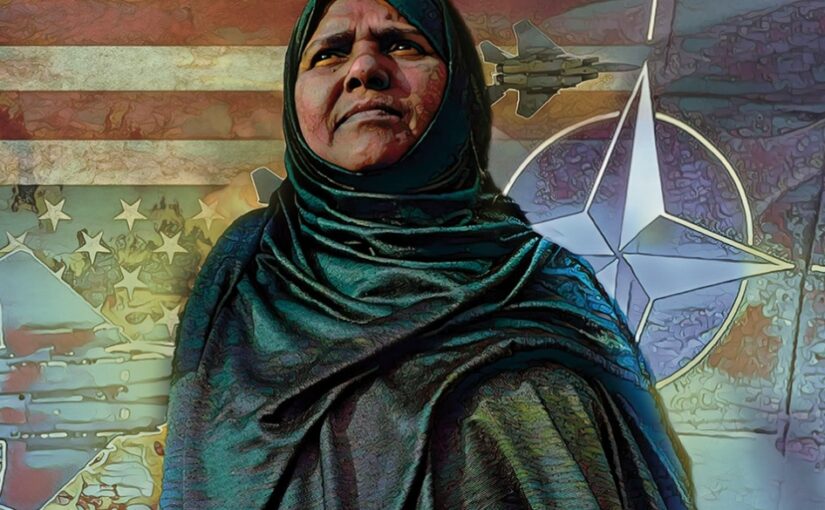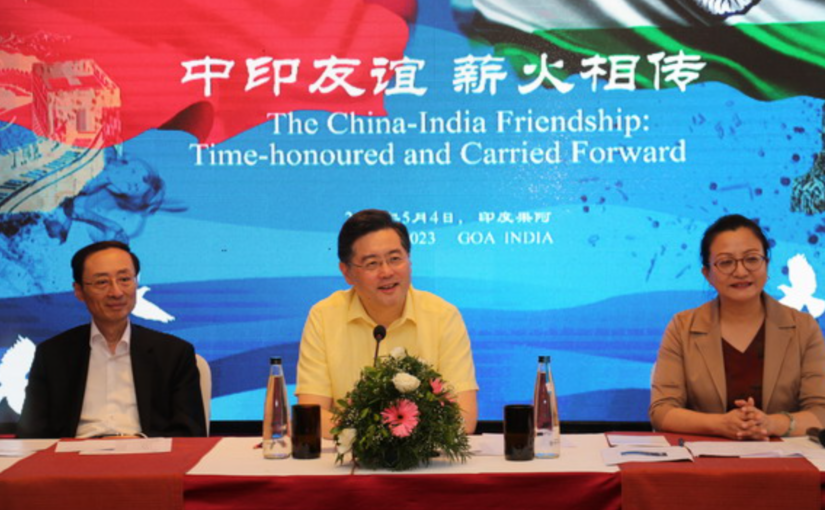As Russian President Vladimir Putin and US President Donald Trump prepare to meet in the current US state and former Russian territory of Alaska on August 15 for talks centred on the conflict in Ukraine, they do so against a wider diplomatic background of engagements among the Global South, with BRICS+ in the lead, and triggered not least by the indiscriminate bullying tactics on the part of Trump.
Faced with the shameless bullying and arbitrary economic punishment beating on the part of the United States, not least in support of Trump’s fascist friend, former President Jair Bolsonaro, Brazilian President Luiz Inácio Lula da Silva has conducted telephone diplomacy to coordinate positions with his Chinese, Russian and Indian counterparts.
On August 12, President Xi Jinping spoke with President Lula for one hour, at the latter’s request.
Xi Jinping pointed out that China-Brazil relations are at their best in history, with a good start and strong momentum in building the China-Brazil community with a shared future and aligning development strategies. China is ready to work with Brazil to seize opportunities, strengthen coordination, deliver more mutually beneficial cooperation outcomes, set an example of uniting for strength among major Global South countries, and build a more just world and sustainable planet.
Luiz Inácio Lula da Silva briefed on Brazil’s current relationship with the United States and Brazil’s principled stance on firmly safeguarding its sovereignty. He appreciated China’s efforts to uphold multilateralism and free trade rules, and its responsible role in international affairs. Brazil is ready to enhance communication and coordination with China within BRICS and other multilateral mechanisms, oppose unilateralism and bullying acts, and safeguard the common interests of all countries.
Xi Jinping said that China supports the Brazilian people in defending national sovereignty and supports Brazil in safeguarding its legitimate rights and interests. Countries should unite in unequivocally opposing unilateralism and protectionism. The BRICS mechanism is an important platform for building consensus in the Global South. He congratulated Brazil on successfully hosting the BRICS Summit. Global South countries should join hands to uphold international fairness and justice, safeguard the basic norms governing international relations, and protect the legitimate rights and interests of developing countries.
Their conversation was preceded by an August 6 call between Foreign Minister Wang Yi and Brazilian Chief Advisor to the Presidency Celso Luiz Nunes Amorim, again at the latter’s request.
Wang Yi said that China resolutely supports Brazil in defending its state sovereignty and national dignity and opposes groundless interference in Brazil’s internal affairs by external forces. China firmly supports Brazil in protecting its development rights and interests and resisting the bullying practices of arbitrary tariffs. China firmly supports Brazil in strengthening solidarity and cooperation among the Global South through the BRICS mechanism and promoting strength through unity among developing countries. Using tariffs as a weapon to suppress other countries runs counter to the purposes of the United Nations Charter and undermines WTO rules. Such practices will win no support and cannot be sustained. China is ready to work with Brazil to fully implement the important common understandings reached by the two heads of state, deepen bilateral cooperation, enrich the strategic dimension of the China-Brazil community with a shared future, and effectively offset external uncertainties through the stability and complementarity of bilateral cooperation.
Celso Amorim noted that the profound friendship, strong mutual trust, and fruitful pragmatic cooperation between the two countries are truly commendable. Brazil is willing to work with China to fully implement the common understandings reached between the two heads of state and deepen cooperation in various fields such as trade and finance. The United States’ imposition of high tariffs on Brazil has disrupted normal economic and trade relations and interfered in Brazil’s internal affairs, which Brazil firmly opposes. Brazil thanks China for its steadfast support and is willing to work with China to promote the improvement and development of the BRICS mechanism, enhance solidarity and self-strength among the Global South, and uphold international fairness and justice.
What is also noteworthy is that relations between China and India are significantly improving.
On August 13, the financial news service Bloomberg reported that, “Prime Minister Narendra Modi is drawing closer to the BRICS countries after US President Donald Trump hit the South Asian nation with a 50% tariff.
“Modi’s latest move is to resume direct flights with China as soon as next month, said people familiar with the negotiations who asked for anonymity to discuss private matters. The deal could be formally announced when Modi is expected to head to China for the first time in seven years and meet leader Xi Jinping at the Shanghai Cooperation Organisation held in Tianjin from Aug. 31…
“Modi’s economic calculus was fundamentally altered this month when Trump doubled tariffs on Indian goods to 50% as a penalty for its purchases of Russian oil. The US president’s remarks that India’s economy was ‘dead’ and its tariff barriers ‘obnoxious’ further strained relations.”
The report added: “The Adani Group [of billionaire Gautam Adani, currently facing a US court indictment] is exploring a tieup with Chinese EV giant BYD Co. that would allow… Adani’s conglomerate to manufacture batteries in India and extend its push into clean energy, according to people familiar with the matter.”
Moreover, prior to his Alaska visit, Vladimir Putin also had a telephone conversation with Xi Jinping on August 8, at the request of the Russian President.
President Putin briefed Xi Jinping on Russia’s views on the current situation of the Ukraine crisis and the recent contact and communication between Russia and the United States, adding that Russia highly appreciates the constructive role China has been playing in the political settlement of the crisis. He stated that the comprehensive strategic partnership of coordination between Russia and China will not change under any circumstances.
Xi Jinping said that no matter how the situation evolves, China will maintain its consistent position and continue promoting talks for peace. China welcomes contacts between Russia and the US to improve bilateral ties and advance the process of realising a political settlement of the crisis.
Both sides said they will make concerted efforts in preparation for the Shanghai Cooperation Organisation (SCO) Tianjin Summit to ensure a successful gathering of friendship, solidarity and fruitful results.
This call was one of a number made by the Russian President to brief and discuss with friendly leaders in the Global South ahead of his meeting with Trump. They include – in the order reported by the Russian President’s website – the leaders of South Africa, Uzbekistan, Kazakhstan, Belarus, India, Brazil, Tajikistan, Kyrgyzstan, Armenia, and the Democratic People’s Republic of Korea (DPRK).
Continue reading Trump makes BRICS great again 